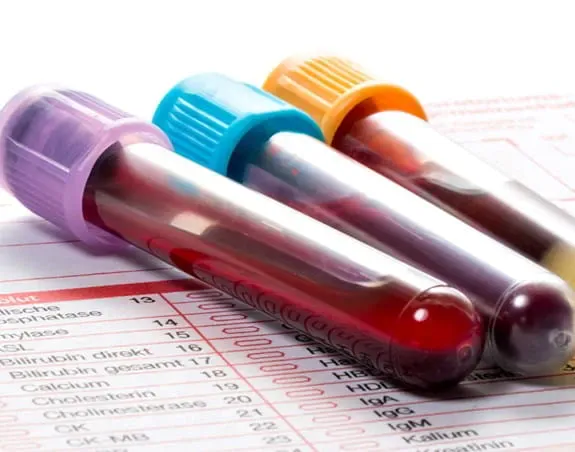Helicobacter pylori

What is H. pylori?

What you need to know about H. pylori
H. pylori can be found in about half of the world’s population. Generally, rates of H. pylori infection are higher in developing countries than in developed countries. Some groups of people have much higher infection rates, including First Nations communities and immigrants from countries such as Japan, Korea and China, where there is a high incidence of H. pylori infection.
Most H. pylori infections occur in childhood. H. pylori infection usually lasts for life unless it is treated. Most people infected with H. pylori don’t have any symptoms or health problems related to the bacterium. Some people with long-lasting infection develop symptoms, such as stomach pain, nausea or vomiting. H. pylori can cause long-lasting inflammation of the inner lining of the stomach (gastritis) and stomach ulcers. About 10% to 15% of people with H. pylori infection develop peptic ulcer disease (sores or ulcers in the lining of the stomach or duodenum of the small intestine).
Risk factors related to H. pylori infection include:
- crowded living conditions
- poor sanitation
- lower socio-economic status
H. pylori and cancer
H. pylori infection is a major cause of stomach (gastric) cancer. H. pylori causes long-lasting gastritis, which is thought to be the first step in developing stomach cancer.
But it’s important to know that fewer than 3% of people with H. pylori infection develop stomach cancer.
H. pylori infection is related to a higher risk of MALT lymphoma of the stomach. This is a type of non-Hodgkin lymphoma. Nearly all MALT lymphomas of the stomach are related to H. pylori infection. People infected with H. pylori have a low risk of developing MALT lymphoma (less than 1%).

Testing, treating and reducing risk of H. pylori
Routine testing for H. pylori is not recommended if you don’t have any symptoms or a history of peptic ulcer disease. Most experts agree that most people don’t need to be tested for H. pylori infection, but there is evidence to support testing and treating H. pylori in certain high-risk individuals.
There are 4 ways to test for H. pylori:
- breath test
- blood test
- stool test
- endoscopy

Treating H. pylori infection
How to reduce your risk of H. pylori infection
The source of H. pylori isn’t known, so there aren’t specific recommendations for avoiding infection. In general, it’s always wise for you to:
- wash your hands well or use a hand sanitizer
- eat food that has been properly prepared
- drink water from a safe, clean source
